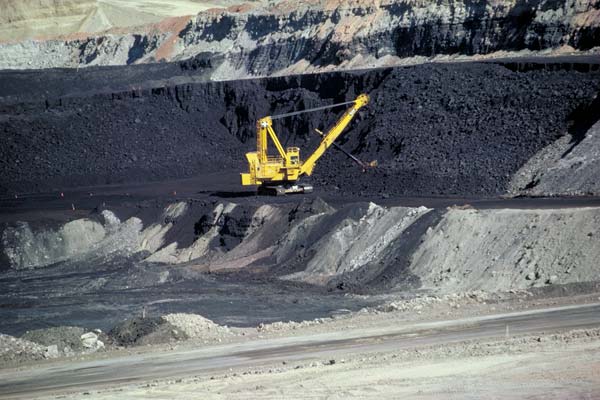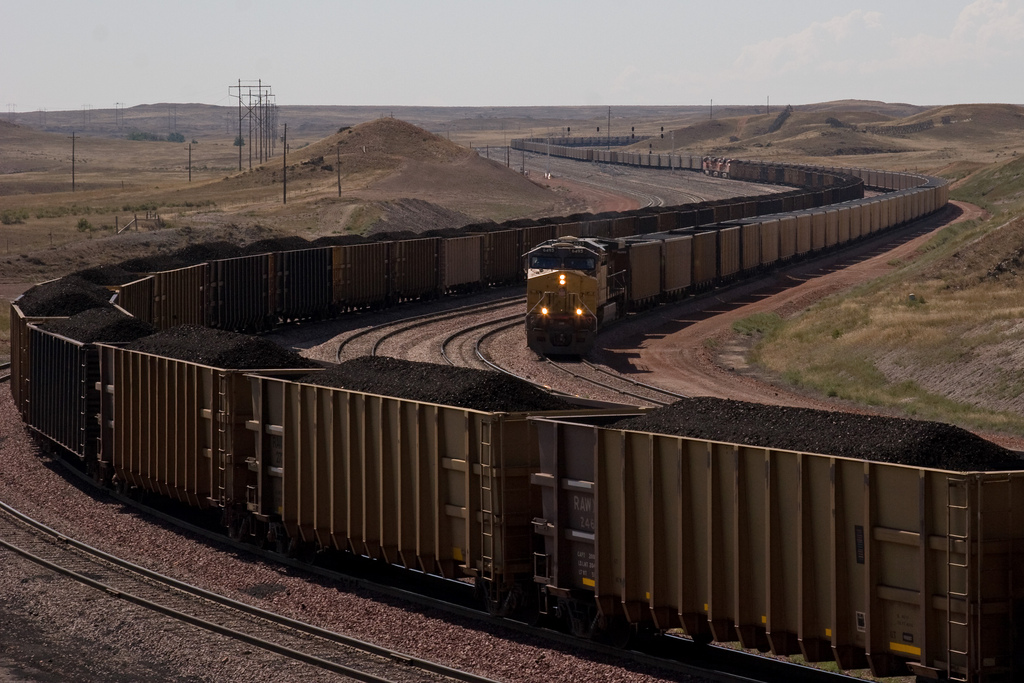The "war on coal" has long been a talking point of politicians running for elected office in the state of Kentucky.
The state was once home to a booming coal industry that has floundered over the years as cheaper fracked natural gas has supplanted coal for electricity generation.
The state's coal industry job losses have thus been due to the surge in fortunes of the natural gas and renewable energy industries.
DON'T MISS: From coal miner to wind-farm worker: Wyoming retraining program
A recent article in The Courier-Journal (now paid content) covered by DeSmogBlog reports that even Kentucky voters may be getting numb to the false promise that coal jobs will be returning, though.
Constituents in the state may not discuss climate change in depth, but they do seem to be skeptical of politicians who blatantly ignore the issue.
While coal has always been a key focus for politicians to win votes, after years without any uptick in coal employment, those voters may now be realizing the jobs are never coming back.

Coal Mine
A study found most voters do not take a candidate's pledge to bring back jobs literally, but have tended to vote for those who support the coal industry in a generalized fashion.
Coal jobs fell to only 53,000 across the United States in 2015—a 50 percent decrease over just five years—according to Bloomberg.
Six thousand of those jobs are in Kentucky, which has been seriously affected by the reduction in coal output.
![Natural gas flaring from oil well [licensed under Creative Commons from Flickr user Sirdle] Natural gas flaring from oil well [licensed under Creative Commons from Flickr user Sirdle]](https://images.hgmsites.net/lrg/natural-gas-being-flared-from-oil-well-licensed-under-creative-commons-from-flickr-user-sirdle_100443858_l.jpg)
Natural gas flaring from oil well [licensed under Creative Commons from Flickr user Sirdle]
The miners themselves are hardly deniers either, according to CNN.
The main issue, as the study points out, is messaging—specifically, how candidates address the consequences of climate change.
Many candidates fail to lay out a detailed plan for potential investment and retraining to enable coal-industry workers to make the transition into other fields.

Coal trains by Flickr user Kimon Berlin (Used under CC License)
At the same time, their opponents pin the "war on coal" on outsiders rather than framing it as resulting from larger energy factors—a blame game that resonates with voters better.
And still, the jobs continue to disappear as new sectors blossom instead.
Coal has tumbled as an important fuel source since the year 2000.
![Coal's share of U.S. electricity generation, 1949-2015 [U.S. Energy Information Administration data] Coal's share of U.S. electricity generation, 1949-2015 [U.S. Energy Information Administration data]](https://images.hgmsites.net/lrg/coals-share-of-u-s-electricity-generation-1949-2015-u-s-energy-information-administration-data_100585464_l.jpg)
Coal's share of U.S. electricity generation, 1949-2015 [U.S. Energy Information Administration data]
Back then, coal accounted for 51.7 percent of U.S. electricity generation capacity, while the natural-gas share was just 15.8 percent.
By 2015, it had dropped to 33.2 percent, while natural gas rose to 32.7 percent.
Green Car Reports respectfully reminds its readers that the scientific validity of climate change is not a topic for debate in our comments. We ask that any comments by climate-change denialists be flagged for moderation. Thank you in advance for helping us keep our comments on topic, civil, respectful, family-friendly, and fact-based.
_______________________________________________












